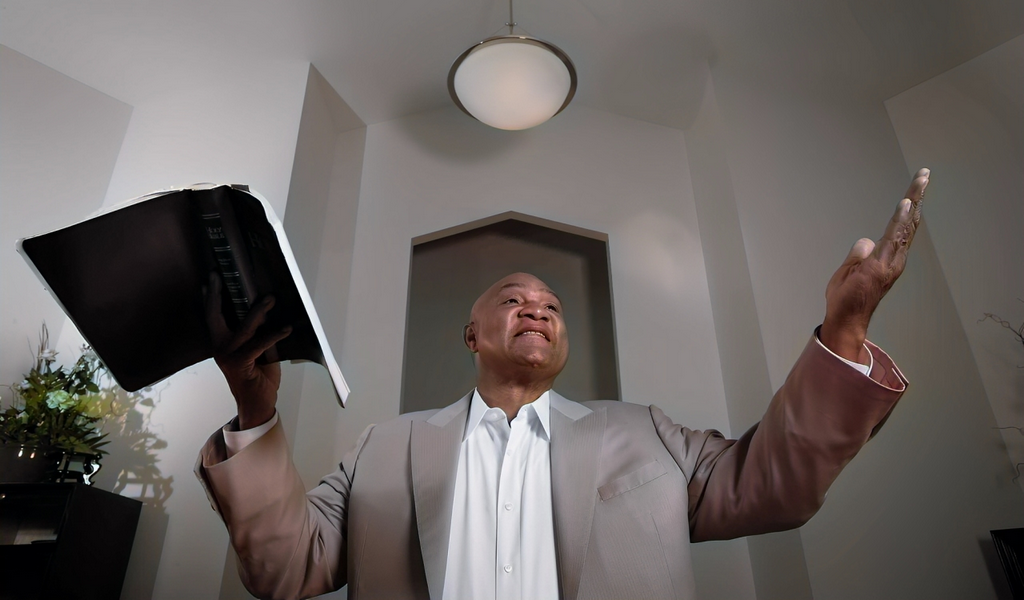
From Knockouts to Religion: George Foreman’s Journey of Faith
- Details
- Hits: 3113
When people hear the name George Foreman, they often think of thunderous knockouts, heavyweight titles, or perhaps the famous grill that bears his name. But behind the champion's legacy lies a story far greater than any boxing match—a testament to redemption, purpose, and the transformative power of faith in Jesus Christ.
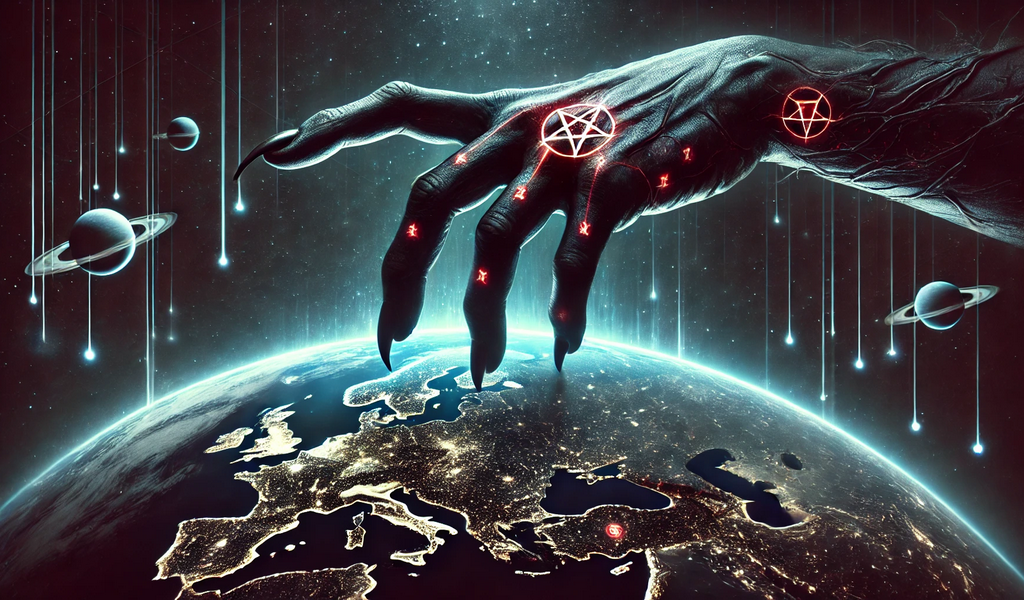
Is Putin the Antichrist? A Biblical and Orthodox Perspective
- Details
- Hits: 1310
The question of whether Vladimir Putin is the Antichrist is a serious and sensitive one, especially within the framework of Christian theology. To address it thoughtfully, let’s examine it from both Biblical and Orthodox Christian perspectives.

A Husband's Help with Housework Halves the Risk of Divorce
Assisting with household chores, childcare, and shopping not only strengthens the marital bond but also halves the risk of divorce.
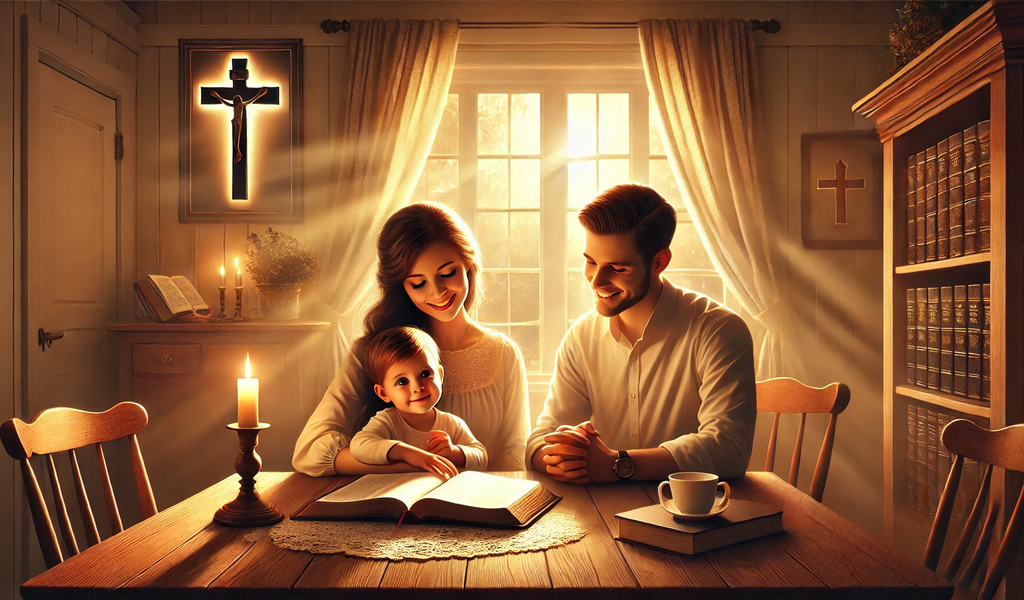
How to Raise a Child the Right Way: A Christian Perspective
Raising a child is primarily the responsibility of the family. The values, behaviors, and habits formed during early childhood often remain deeply rooted for life. It is in this formative period that children learn how to live, how to interact with others, and how to navigate challenges. Parents and close family members play a vital role in shaping this development—both through intentional teaching and by the example they set.
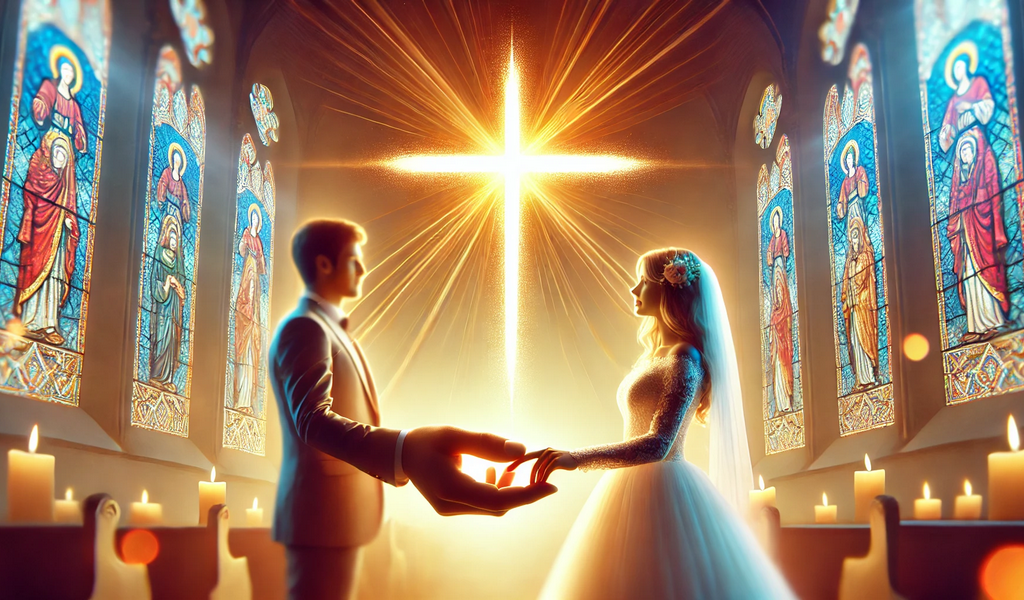
Ten Key Aspects of Christian Marriage
Marriage is not just a celebration or festivity but a profound sacrament that binds two people with the ties of love and faithfulness. It is a union in which spouses become one flesh, sharing both joys and challenges, supporting each other in every step of life's journey.
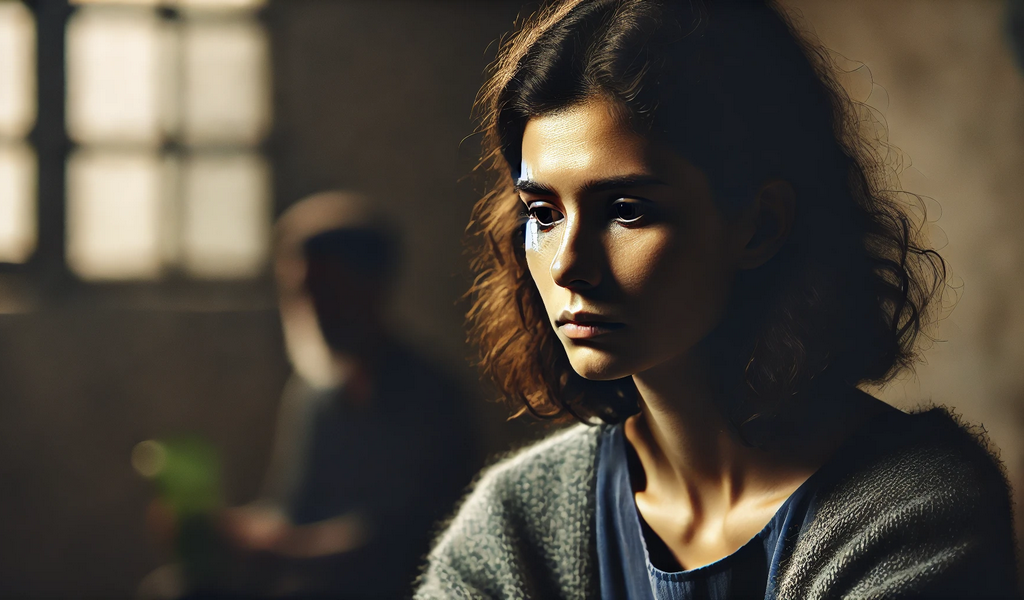
Why Does the Church Excommunicate for Abortion but Not for Murder?
The Church considers abortion a far graver sin than the murder of an adult or even a born child. Those who participate in abortion are automatically excommunicated by the very act itself—this includes not only the parents of the unborn child but also doctors, midwives, gynecologists, and anyone whose words or actions encouraged the parents to commit this crime against their own child.

Woman and Beauty
Should My Body Be My Friend or My God? Or maybe I shouldn't care about it at all, since the whole world seems too obsessed with it?
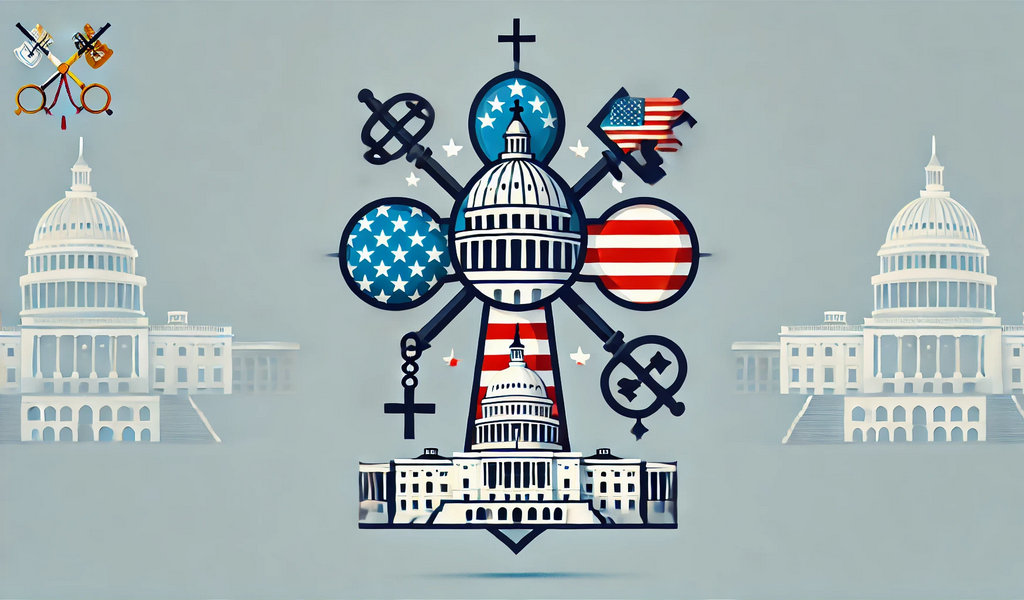
U.S. Catholic Presidents and Vice Presidents
- Details
- Hits: 3266
For much of U.S. history, Catholic politicians faced significant obstacles in their pursuit of the presidency. Protestantism was deeply ingrained in American political identity, and concerns over potential Vatican influence made Catholic candidates a rarity at the highest levels of government. However, this changed in 1960 with John F. Kennedy’s election, breaking a centuries-old religious barrier.
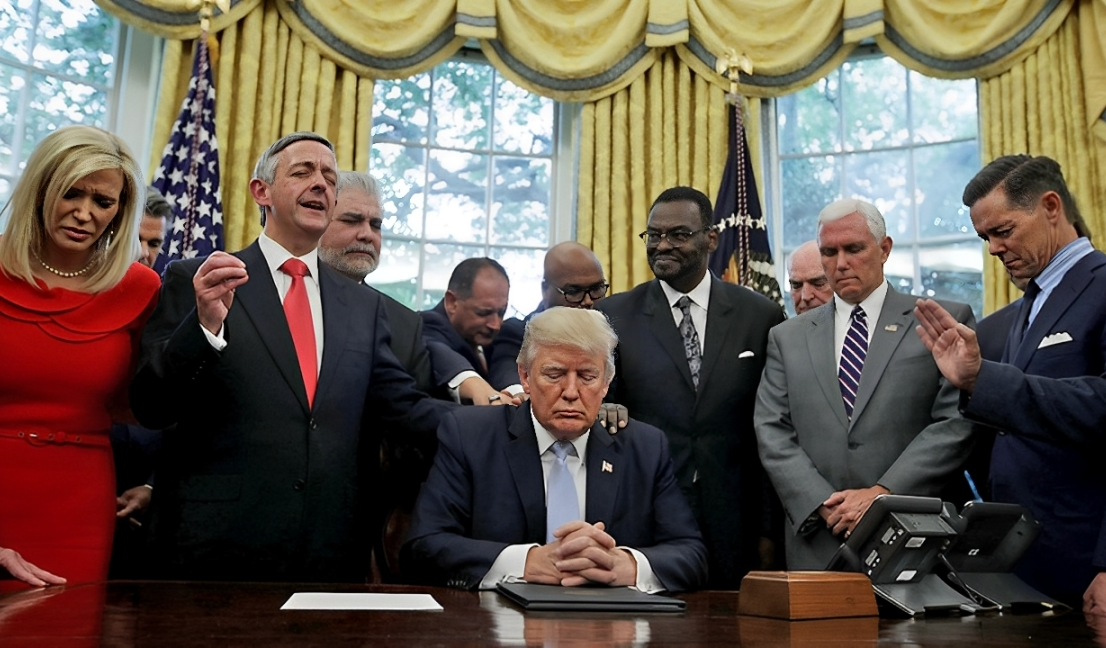
What Is Trump’s Religion? A Critical Look at His Faith and Motivations
What is Donald Trump’s religion? On the surface, the answer seems simple—he was raised Presbyterian and later identified as a non-denominational Christian. Throughout his political career, he has made public displays of faith, courted evangelical leaders, and positioned himself as a defender of Christian values. However, a closer look at his words and actions raises an uncomfortable question: Does Trump’s faith genuinely guide his life, or is it merely a tool for political and personal gain?
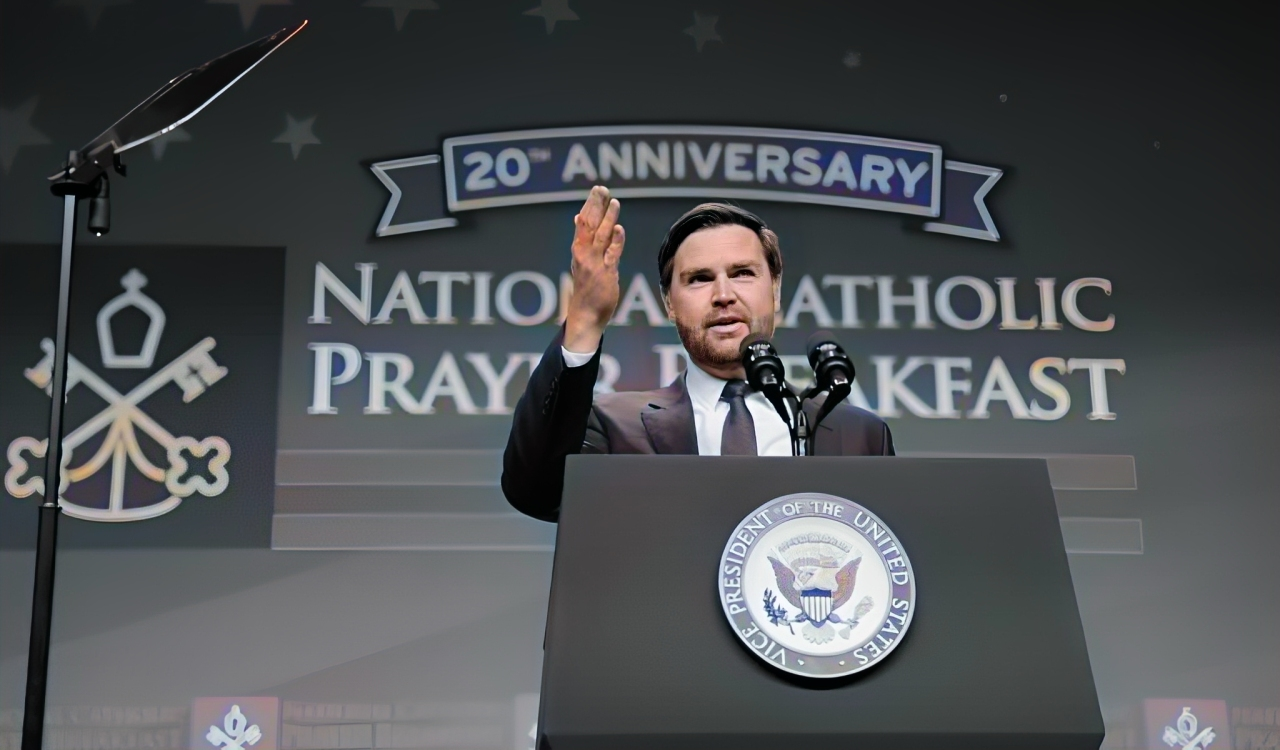
The Religion of JD Vance: How Faith Shapes His Politics and Personal Life
- Details
- Hits: 2046
James David "JD" Vance’s rise from a working-class childhood in Ohio to becoming the Vice President of the United States is a remarkable story of personal transformation, political ambition, and deepening religious conviction. Best known for his 2016 memoir Hillbilly Elegy, which explored the struggles of America’s white working class, Vance later transitioned into politics, first as a U.S. Senator from Ohio and now as Donald Trump’s second-in-command in the White House.
- A Clash of Leadership: Evaluating the Zelenskyy-Trump Meeting from a Christian Perspective
- Lionel Messi: Faith, Football, and Christian Values
- Christianity and Yoga: Conflict or Opportunity?
- Russian Orthodoxy: Ukrainian Roots and the Legacy of Kyiv
- A Christian's Political Choice: A Candidate's Personal Morality or Christian Values in Legislation?
Page 3 of 16

 RU
RU  UK
UK